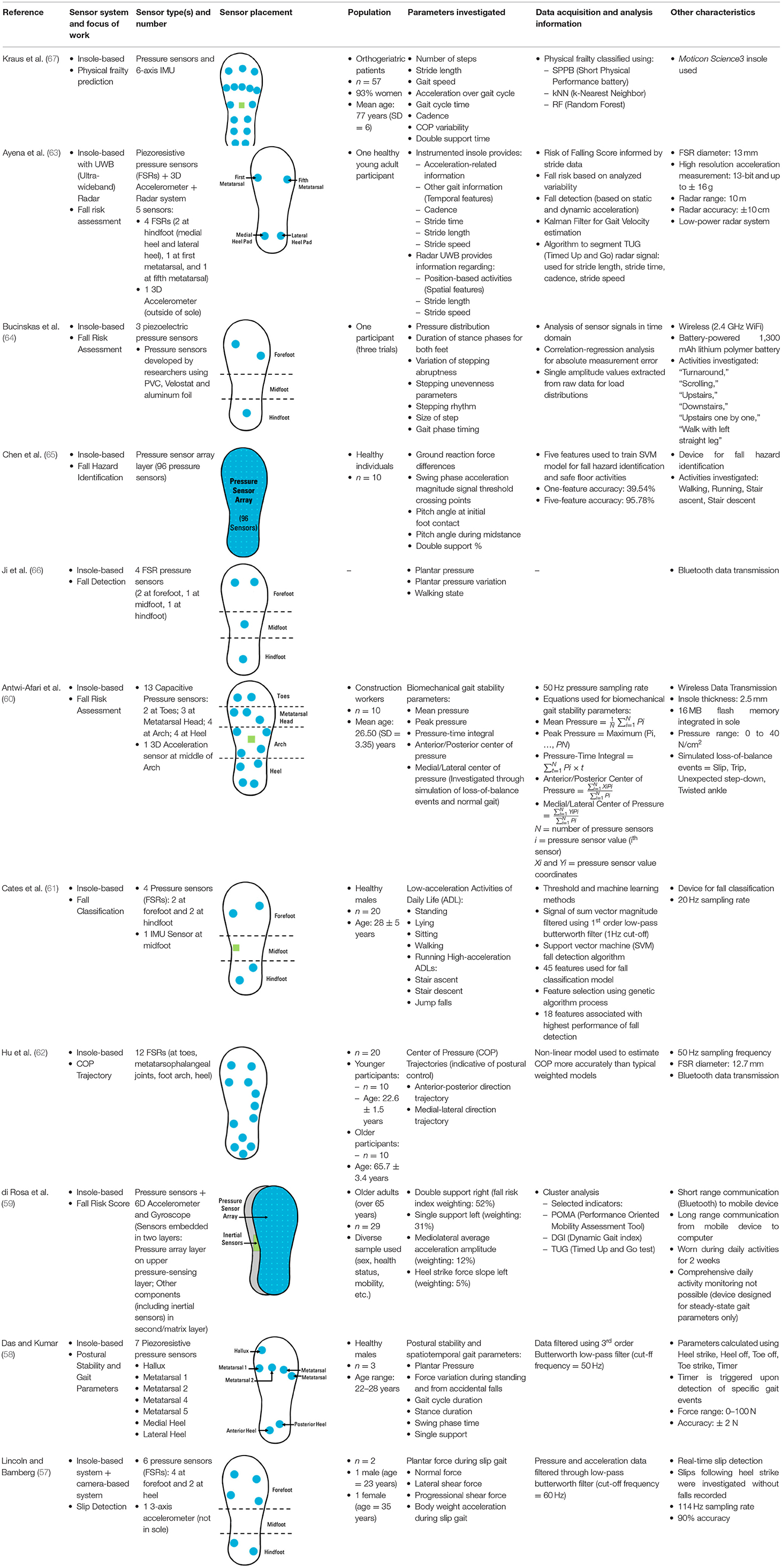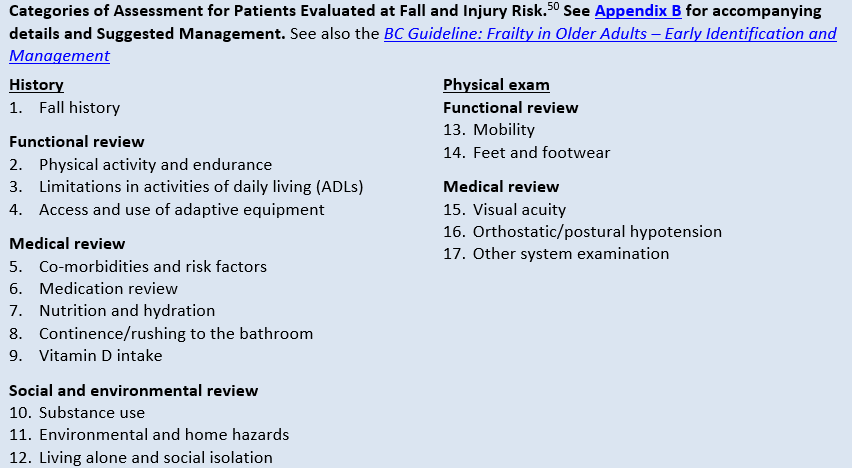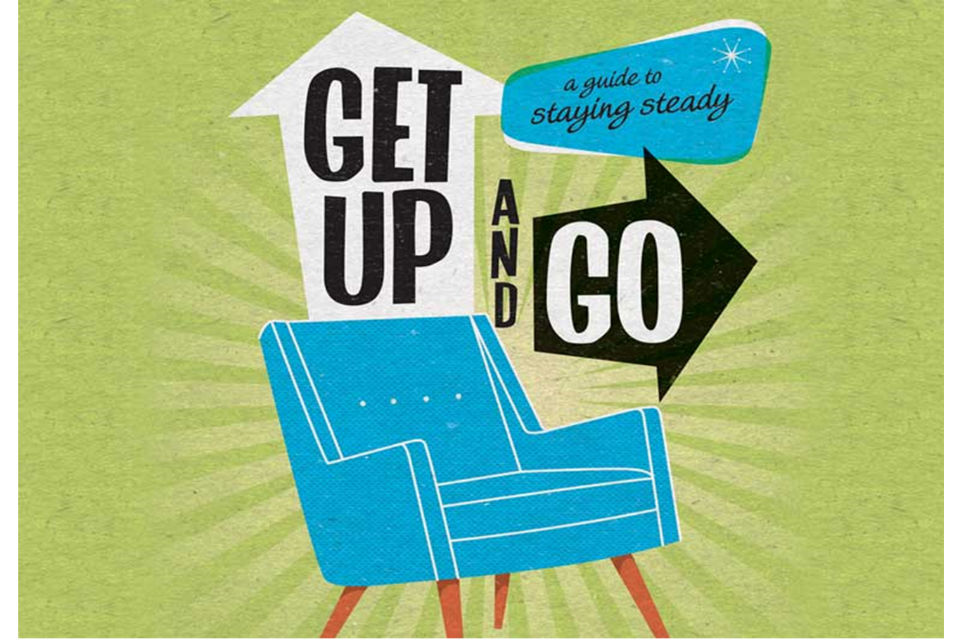Top Guidelines Of Dementia Fall Risk
Top Guidelines Of Dementia Fall Risk
Blog Article
Dementia Fall Risk Can Be Fun For Everyone
Table of ContentsDementia Fall Risk Can Be Fun For AnyoneDementia Fall Risk - Truths3 Simple Techniques For Dementia Fall Risk7 Simple Techniques For Dementia Fall Risk
An autumn danger analysis checks to see exactly how most likely it is that you will certainly fall. The evaluation typically includes: This consists of a series of concerns concerning your overall health and wellness and if you have actually had previous falls or troubles with equilibrium, standing, and/or strolling.Treatments are suggestions that may lower your threat of dropping. STEADI consists of 3 steps: you for your threat of falling for your risk aspects that can be enhanced to attempt to stop falls (for instance, equilibrium problems, impaired vision) to minimize your threat of falling by making use of effective approaches (for example, giving education and sources), you may be asked a number of questions consisting of: Have you fallen in the previous year? Are you stressed about dropping?
You'll sit down once more. Your service provider will check just how lengthy it takes you to do this. If it takes you 12 secs or even more, it may imply you go to greater threat for an autumn. This examination checks toughness and equilibrium. You'll being in a chair with your arms crossed over your chest.
Relocate one foot halfway ahead, so the instep is touching the huge toe of your various other foot. Relocate one foot completely in front of the various other, so the toes are touching the heel of your various other foot.
The 45-Second Trick For Dementia Fall Risk
A lot of falls take place as a result of numerous adding elements; as a result, managing the threat of falling starts with identifying the aspects that add to drop risk - Dementia Fall Risk. Several of the most pertinent danger elements include: Background of previous fallsChronic medical conditionsAcute illnessImpaired stride and balance, reduced extremity weaknessCognitive impairmentChanges in visionCertain high-risk medicines and polypharmacyEnvironmental elements can additionally raise the risk for falls, consisting of: Poor lightingUneven or harmed flooringWet or slippery floorsMissing or damaged handrails and order barsDamaged or incorrectly fitted tools, such as beds, wheelchairs, or walkersImproper use assistive devicesInadequate supervision of the individuals living in the NF, including those who display aggressive behaviorsA effective loss risk monitoring program calls for a comprehensive clinical assessment, with input from all members of the interdisciplinary team

The treatment strategy should additionally consist of interventions that are system-based, such as those that promote a safe environment (suitable illumination, hand rails, grab bars, etc). The efficiency of the treatments must be assessed occasionally, and the care strategy changed as essential to show modifications in the fall threat analysis. Implementing a loss danger administration system utilizing evidence-based finest method can reduce the occurrence of drops in the NF, while limiting the capacity for fall-related injuries.
9 Simple Techniques For Dementia Fall Risk
The AGS/BGS standard suggests evaluating all adults aged 65 years and older for autumn threat yearly. This testing includes asking people whether they have actually dropped 2 or more times in the past year or looked for clinical focus for a fall, or, if they have actually not fallen, whether they feel unstable when strolling.
People that have actually fallen when without injury should have their balance and gait assessed; those with gait or balance problems should receive additional analysis. A history of 1 autumn without injury and without stride or balance problems does not warrant more assessment beyond continued yearly fall risk screening. Dementia Fall Risk. A loss risk assessment is called for as component of the Welcome to Medicare examination

Dementia Fall Risk Fundamentals Explained
Recording a falls history is one of the high quality indicators for visit the website autumn prevention and monitoring. copyright medications in certain are independent predictors of drops.
Postural hypotension can commonly be alleviated by lowering the dose of blood pressurelowering medications and/or quiting medicines that have orthostatic hypotension as an adverse effects. Usage of above-the-knee assistance tube and resting with the head of the bed boosted may also reduce postural reductions in high blood pressure. The preferred components of a fall-focused physical evaluation are received Box 1.

A Yank time better his response than or equal to 12 secs suggests high autumn risk. Being not able to stand up from a basics chair of knee elevation without making use of one's arms indicates boosted loss risk.
Report this page